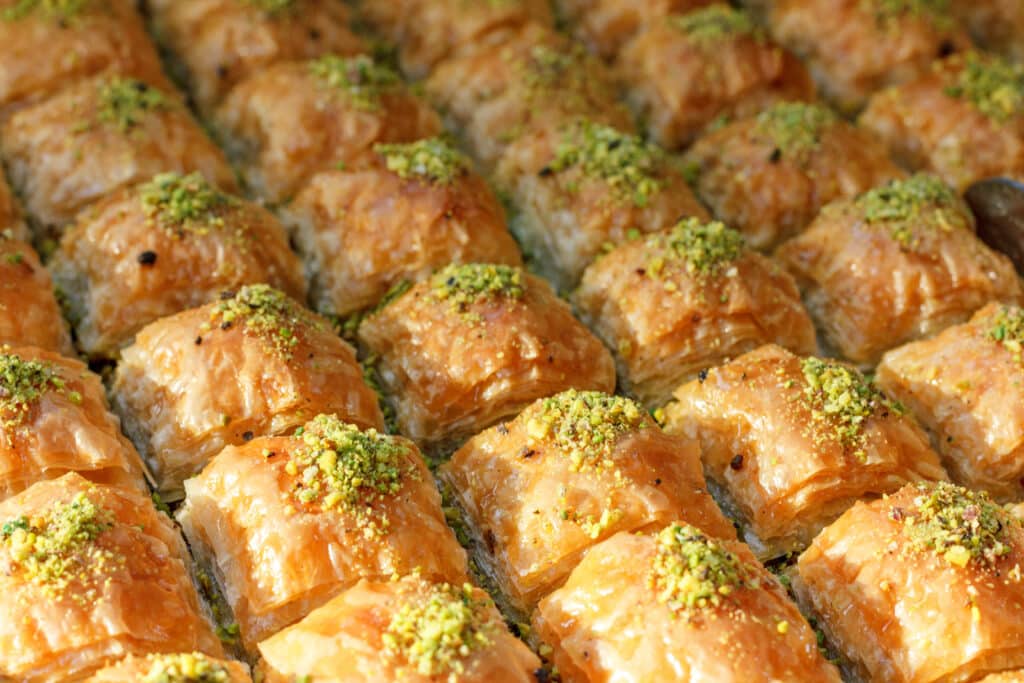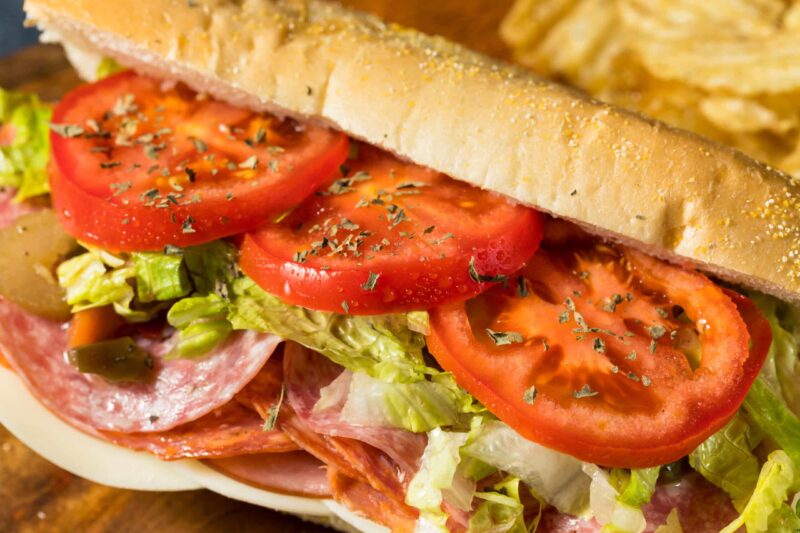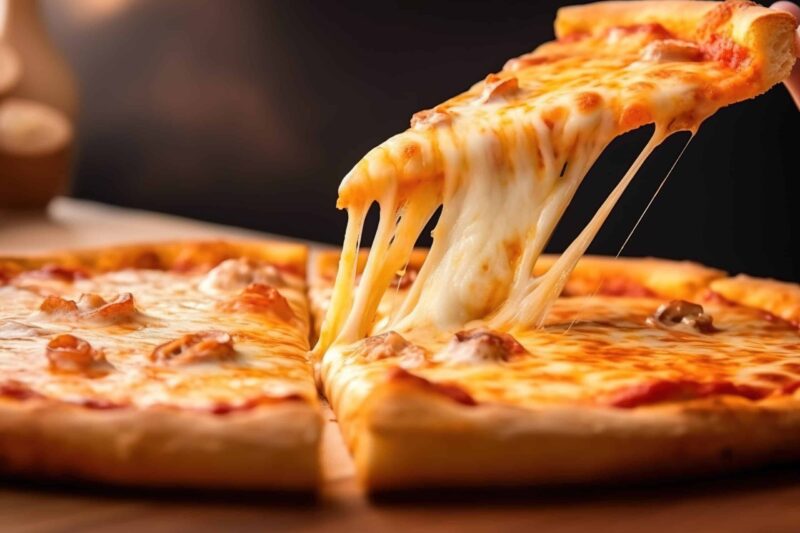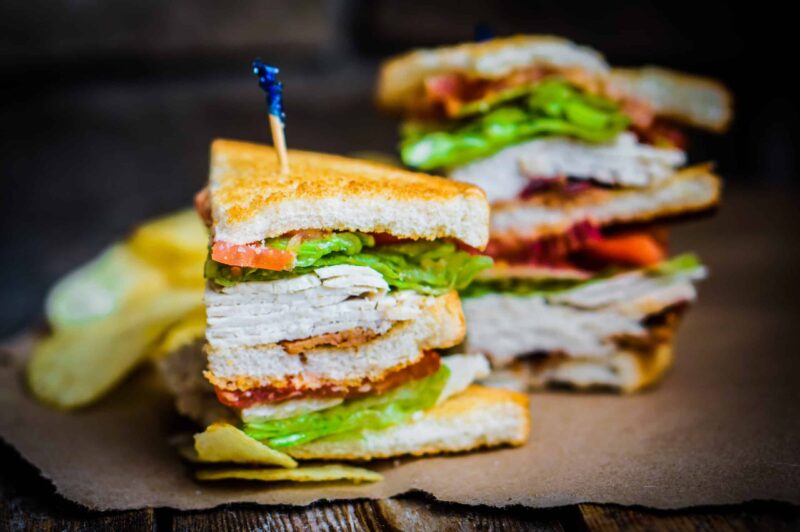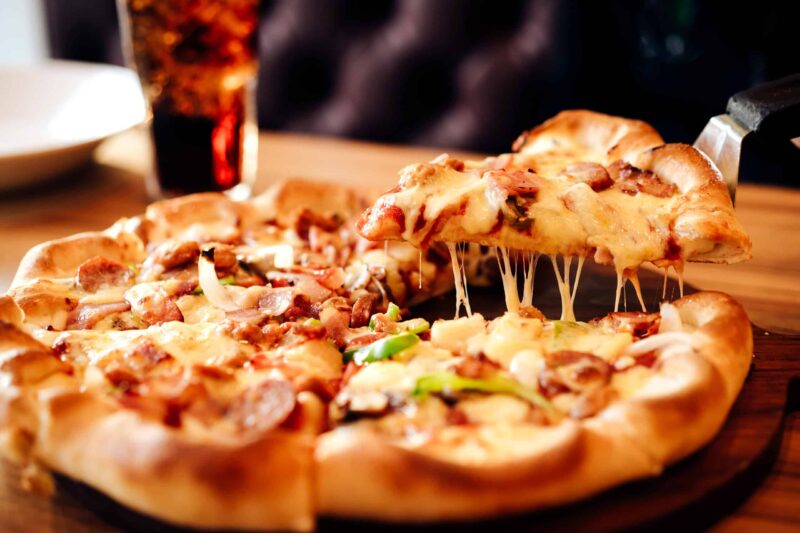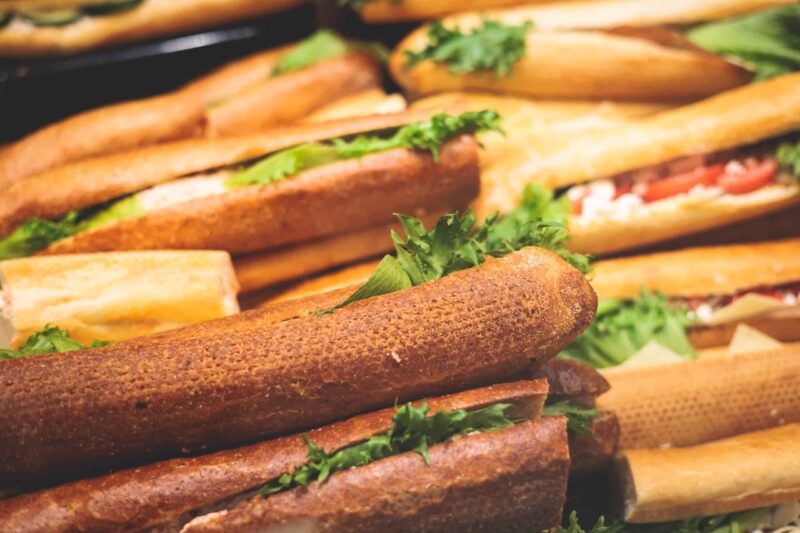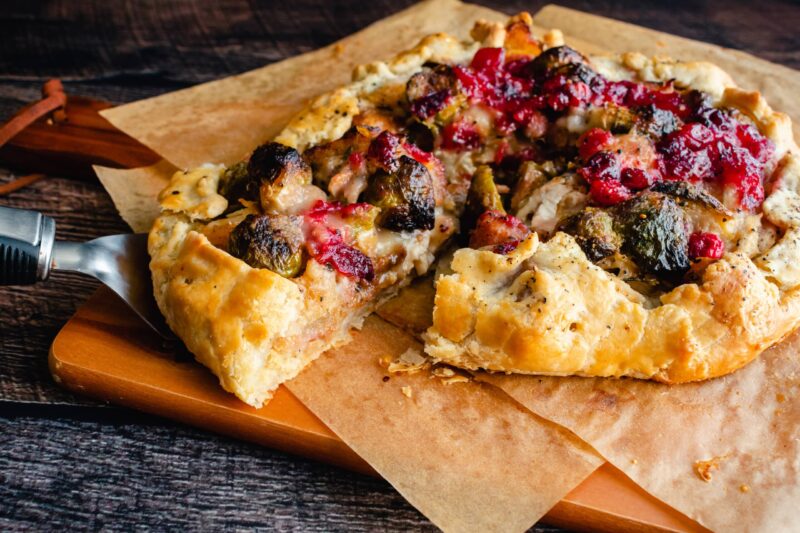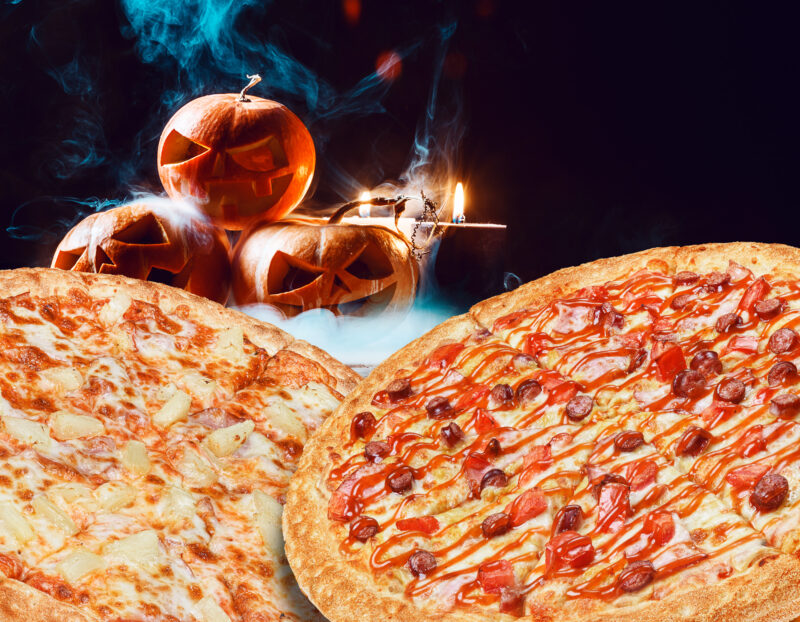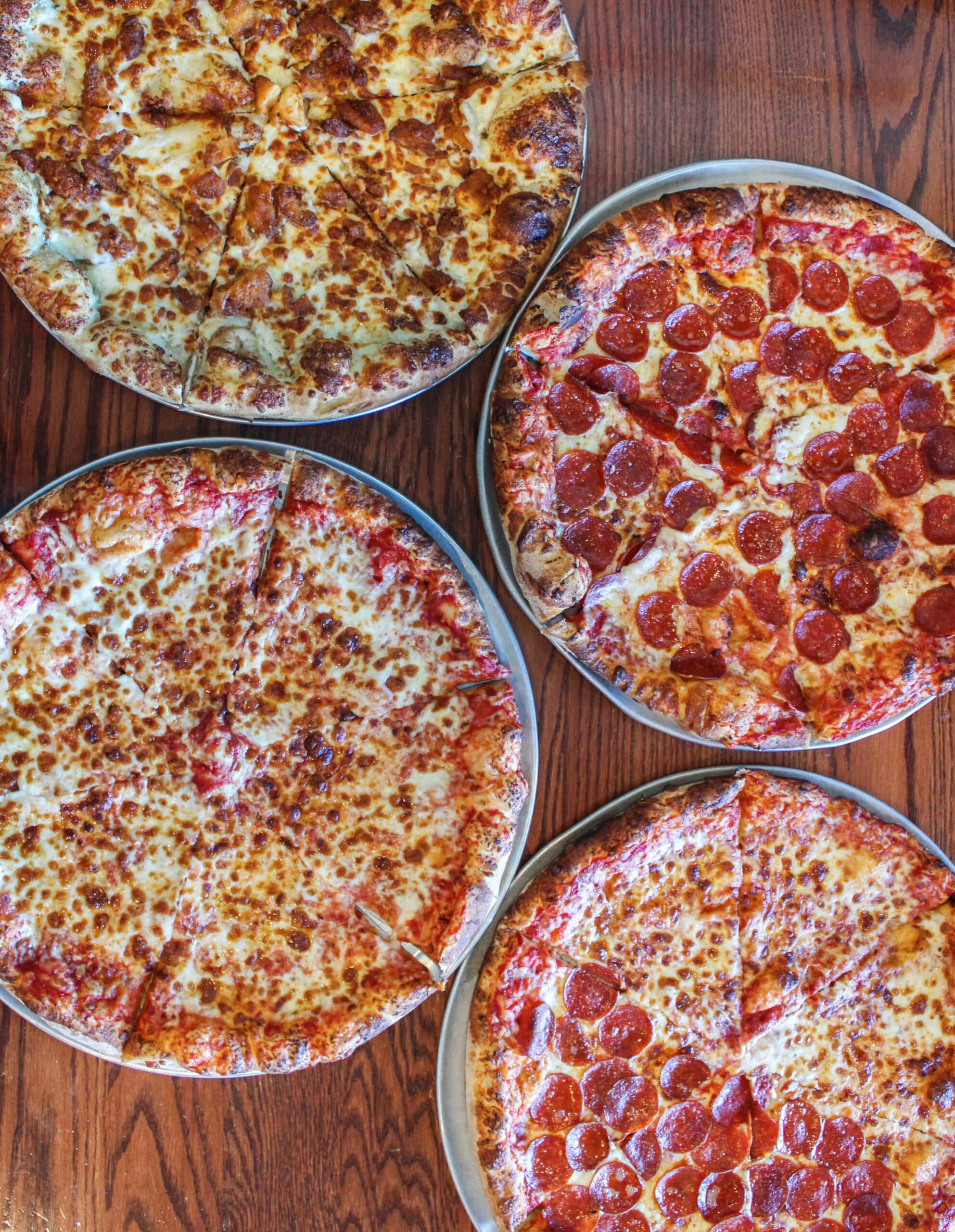Baklava is more than just a sweet pastry; it’s a dessert full of history and cultural significance. Known for its delicate layers of filo dough, rich nuts, and syrup or honey, baklava has been a beloved treat in many regions for centuries. From ancient times to modern-day kitchens, it represents hospitality, tradition, and the sharing of cultural identity across generations. Join us this month as our sub shop dives in to explore the rich history of this sweet treat.
A Dessert with Ancient Roots
The exact origins of baklava are unclear, but its roots can be traced to the ancient Middle East and Central Asia. Early forms of layered dough with nuts and sweeteners were documented in Mesopotamian texts as far back as the 8th century BCE. However, it was during the Ottoman Empire that baklava evolved into the dessert we recognize today. As the empire expanded, baklava spread across Eastern Europe, the Middle East, and North Africa, becoming a favorite in many regions.
Over time, various cultures put their own twist on the dessert, using different nuts, syrups, and spices. While the ingredients may vary, the essence of baklava has remained consistent—its rich and decadent nature makes it a timeless treat.
A Symbol of Hospitality and Celebration
Baklava holds a special place in many cultures as a symbol of hospitality. Offering baklava to guests is a gesture of warmth and generosity. It is a traditional dessert for weddings, religious holidays, and family gatherings, making it a key part of celebratory occasions.
In Turkey, baklava is particularly significant during Ramadan and Eid celebrations. After a month of fasting, families prepare baklava to share with loved ones, marking the joyous occasion. In Greece, baklava plays a central role in Easter celebrations, where it is often made with 33 layers of filo dough to symbolize the years of Christ’s life. These cultural traditions show how baklava is tied to both faith and family, making it a meaningful part of rituals and shared moments.
Cultural Variations and Flavorful Twists
Though the core components of baklava remain the same—filo dough, nuts, and syrup—each region adds its own twist. In Turkey, pistachios are commonly used, especially those from Gaziantep, a city known for its baklava-making expertise. Greek baklava often features walnuts, flavored with honey and cinnamon. In the Middle East, rose water or orange blossom water is sometimes added to enhance the sweetness with floral notes.
Prosciutto’s Pizza | Londonderry Sub Shop
Whether you’re grabbing a quick lunch or treating yourself to something sweet, our baklava is the perfect way to finish your meal. Stop by today and enjoy a slice of this classic dessert, crafted with care and full of timeless flavor. To discover all of our other delicious options, check out our online menu today!
Check us out on Facebook to discover the latest specials!

